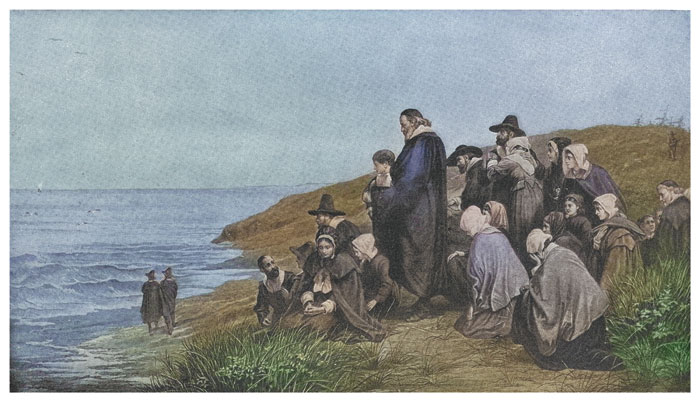 mikroman6/Getty Images
mikroman6/Getty Images As he breathed the crisp sea air and contemplated surrendering to the gentle lull of azure waves that nearly rocked him to slumber, Yossel Gulden stood at the bow of The Mayflower, closed his eyes and allowed himself to be enveloped by a certain perfect silence that entwines man and the natural world. “We are protected from the above by the Almighty,” he thought as he drew a deep breath. “There is a spark of divinity even to be found in this moment of serene unknown.”
“Yossel!” an unforgiving voice shrieked suddenly, sending the seagulls that had perched and fallen asleep on the Mayflower’s hull into frantic flight. “Are you sure you didn’t louse up the entire navigation? I’m not one to complain, but we’re probably on our way to die in a frozen wasteland.”
“The ice has melted, Mother,” Yossel mumbled as he stared at the escaping gulls with pitiful envy.
“I don’t mind dying in a frozen wasteland,” his mother declared valiantly, “and if you die too, I guess we’ll enter the next world at the same time.”
The thought of this sent Yossel into a furor, the likes of which his fellow pilgrims had not seen since he nearly fell overboard after announcing a shortage of antacids aboard ship (the pilgrims still claim the near-fall was an accident).
Yossel immediately (and, according to his mother, irresponsibly) jerked the Mayflower’s helm to the left and the ship raced toward land at full speed, nearly causing a young Benjamin Kotze to vomit over the right hull. Half of the pilgrims yelled in outrage; the other half had perished 35 days earlier due to a combination of scurvy and tainted seagull meat.
Benjamin’s father could no longer stay silent. “I told you this ship is cursed!” he yelled. “We should have named it something tamer, something whose sound, at least, would have triggered less allergies, like The Zyrtec!”
“Oh, shut up, Elias!” cried Yossel. The two had been rivals ever since King Charles had ordered that Yossel be burned at the stake (a more dignified sentence), but that Elias be thrown into the sea. In the end, the two escaped England with 98 other Jews and settled on a compromise that assured some manner of peace on the ship. After all, there was still plenty of time to throw Elias into the sea.
Desperate to outlive his mother, Yossel suddenly jumped toward one of the masts, wrapped his arms around it and began blowing on the sail like the big bad wolf at the door of the Three Little Pigs, after enduring a failed attempt at vegetarianism.
Also aboard The Mayflower was Abraham Gluck, a long-time shochet who specialized in slaughtering animals in a kosher manner, and Batya Lieber, a dedicated matchmaker who had quite a difficult time arranging matches after half the ship had perished. And, because a realistic recognition of Jewish diversity beyond Ashkenazim is important (even in a fictionalized satire about a bunch of Jewish pilgrims) the following were also aboard the ship: Ezra Chaim Sassoon (a brilliant Talmudic scholar from Iraq); Ibrahim Rahmati (a pious fabric merchant from Persia); Sarah Ben Shimon, a renowned seamstress from India; and Rabbi Asher Toledano, otherwise known as The Tzaddik of Spain. Better not to ruin the story and ask why they were fleeing England.
As for the crew of The Mayflower, they were poor Gentiles from all corners of England who, for reasons still unknown, believed that 66 days at sea with a large group of compass-less Jews sounded like fun.
As for the crew of The Mayflower, they were poor Gentiles from all corners of England who, for reasons still unknown, believed that 66 days at sea with a large group of compass-less Jews sounded like fun. Though, once aboard, the crew began to wonder whether the Jewish passengers seemed to wield slightly too much power. “I know the Jewish people have been through some terrible things all over the world. But you can’t blame that on English Gentiles,” one crew member whispered upon arrival in America. “I’ve been to England — it’s a lot of Jews. Like, a lot.” Another crew member casually observed, “Early in my career [as a vomit cleaner aboard ship], I learned there are two words you should never say together. Those words are…’the’ and ‘Jews.’ Never heard someone do good after they said that.”
Still, nothing kept the pilgrims’ spirits down as they sailed toward a u-shaped peninsula. “Let us name this place ‘Cape Cod,’” Yossel announced. His suggestion was immediately drowned out by an irate group of pilgrims who vehemently argued that “Cape Karp” seemed more culturally appropriate. Upon hearing this, the Sephardic and Mizrahi Jews aboard winked at one another over yet another generalization about Jewish cuisine that left out half the Jewish world.
Soon enough, The Mayflower had crossed Massachusetts Bay. The earth at Plymouth was soft and fertile. Upon seeing the Jewish pilgrims, the Wampanoag sachem (chief) gently asked if the Jews considered themselves white. “God, no,” scoffed Yossel. “It’s the whites back in England that loathe us precisely because they don’t think we’re white.” When a young Wampanoag stepped forward and asked, “Excuse me, but if you’re not white, then what are you?” Yossel’s mother attempted to explain that Jews were a religion and an ethnicity with roots dating back to the Levant. Then she proceeded to tell the chief that her son had completely missed his intended destination at the Hudson River, and that her elder son, who had remained in England, was an esteemed metallurgist who knew his way around everything. The Wampanoag looked uncomfortably at one another and wondered how Yossel had survived the journey in more ways than one.
Much to the Jews’ surprise, the meal lasted three days. On the last day, Elias couldn’t take it anymore and yelled, “What is this? A Shabbat followed by a chag?!”
As a result of the kindness of the Wampanoag in ensuring the pilgrims’ survival and teaching them how to plant and harvest squash, corn and beans (though the latter proved slightly hard to digest), nearly one year later, the pilgrims and the Native Americans sat down to feast together. Much to the Jews’ surprise, the meal lasted three days. On the last day, Elias couldn’t take it anymore and yelled, “What is this? A Shabbat followed by a chag?!”
Initially, the male pilgrims agreed that only men would partake in the feast. They immediately regretted their decision, for reasons having nothing to do with strong Jewish women who know they’re right.
Abraham Gluck, the shochet mentioned above, slaughtered the kosher animals masterfully. The meal was a testament to treating our neighbors as ourselves, and blessings were made on each satisfying dish.
As for the turkey? A little dry. The stuffing? Needed more celery. The corn had too many kernels and the chestnuts were too suggestive. The venison would have been amazing if it had been brisket.
As for the turkey? A little dry. The stuffing? Needed more celery. The corn had too many kernels and the chestnuts were too suggestive. The venison would have been amazing if it had been brisket. Naturally, the pilgrims passed on all of the local treif seafood dishes, including lobsters, clams and eels, though little Benjamin Kotze eyed the lobsters with a curious hunger that made his father question why he had spent so much on tuition for a Jewish private school back home.
As they sat down at a long table, the Jews seemed to tilt their heads to the side. When the Wampanoag chief asked if anything was wrong, Yossel explained that they were still experiencing a little neck pain from the long voyage and sleeping on the uncomfortable cots aboard ship. The chief turned to an aide and whispered, “They seem to be stiff-necked people, no?”
Some believe that during the meal, the Jewish pilgrims abruptly stood up to practice arms, as a means to remind the Native Americans, who outnumbered them two to one, that they were the ones who possessed firepower. But this is a gross falsehood. The truth? Halfway through the meal, the Jews all seemed to stand up at once and make a run for it into the forest. Apparently, something in the venison didn’t sit well with them.
In fact, the pilgrims were not even in possession of weapons. And when they returned to the table, they debated for four hours whether Birkat HaMazon ought to have been recited over bread made from maize and not wheat. The tired Wampanoag finally excused themselves from the table at 2 a.m.
But the pilgrims were so grateful to the Wampanoag that they spent years performing acts of chesed, or lovingkindness, for the tribe. Ingratitude, it seems, is anathema to living as a Jew.
Sadly, Yossel Gulden passed away a few months after the first Thanksgiving meal. His mother, on the other hand, outlived him by nine years. Witnesses say that as Yossel lay on his deathbed, a peaceful smile shone across his face as he prepared to enter the world to come.
One year later, the Jewish pilgrims and the Wampanoag feasted together again to commemorate the peace and respect between them. Then one afternoon, they saw a ship in the distance. And this time, there were muskets. Lots of them. The people aboard this ship looked like English Puritans.
The Jews and the Wampanoag looked at one another uncomfortably. “I don’t think this’ll be good for either of us,” said one of the pilgrims.
“Don’t be so negative,” responded Yossel’s mother. “Besides, they look like a peaceful bunch. Let’s invite them for Shabbat lunch.”
Tabby Refael is an award-winning LA-based writer, speaker and civic action activist. Follow her on Twitter @TabbyRefael.







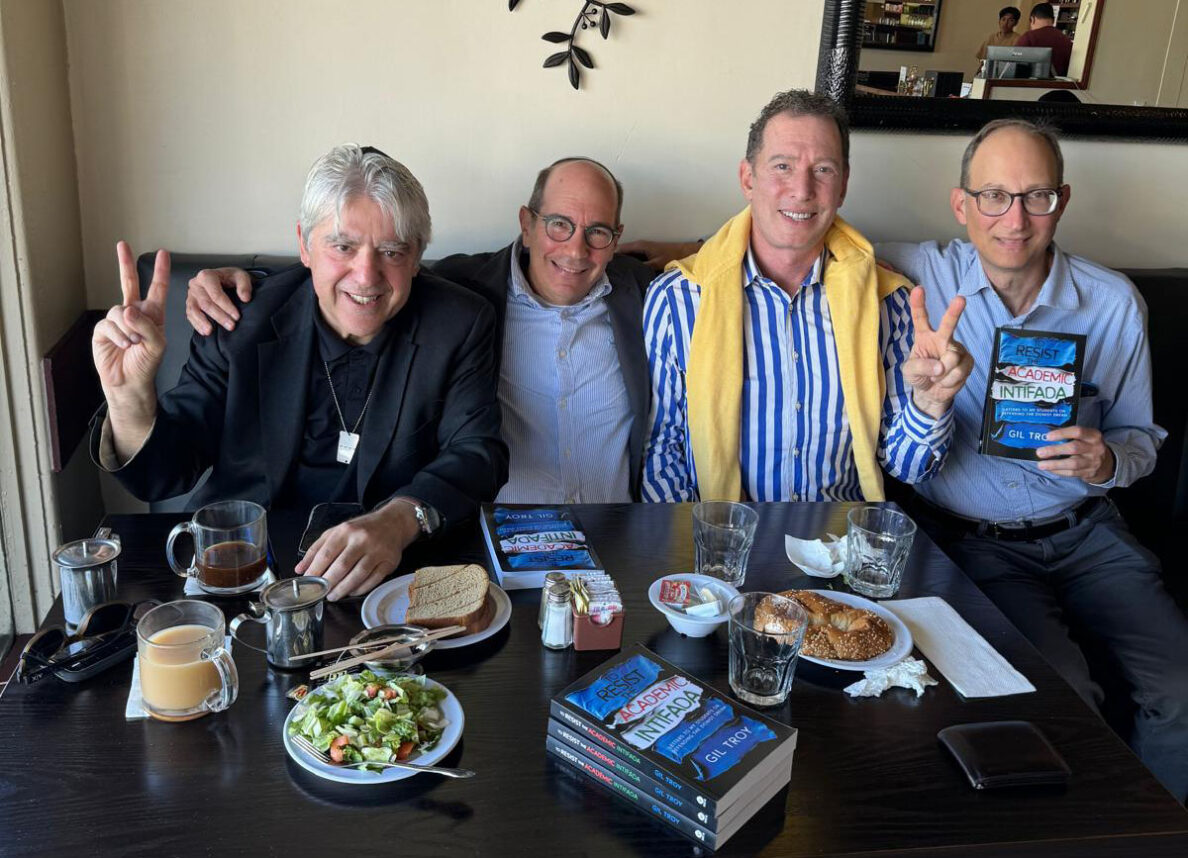




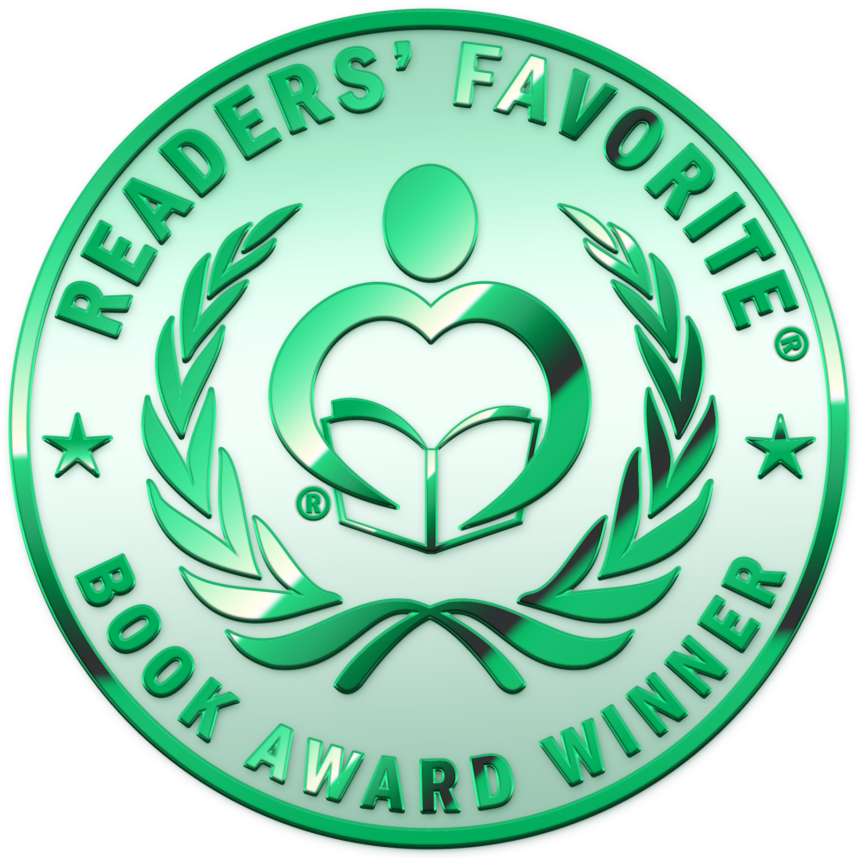

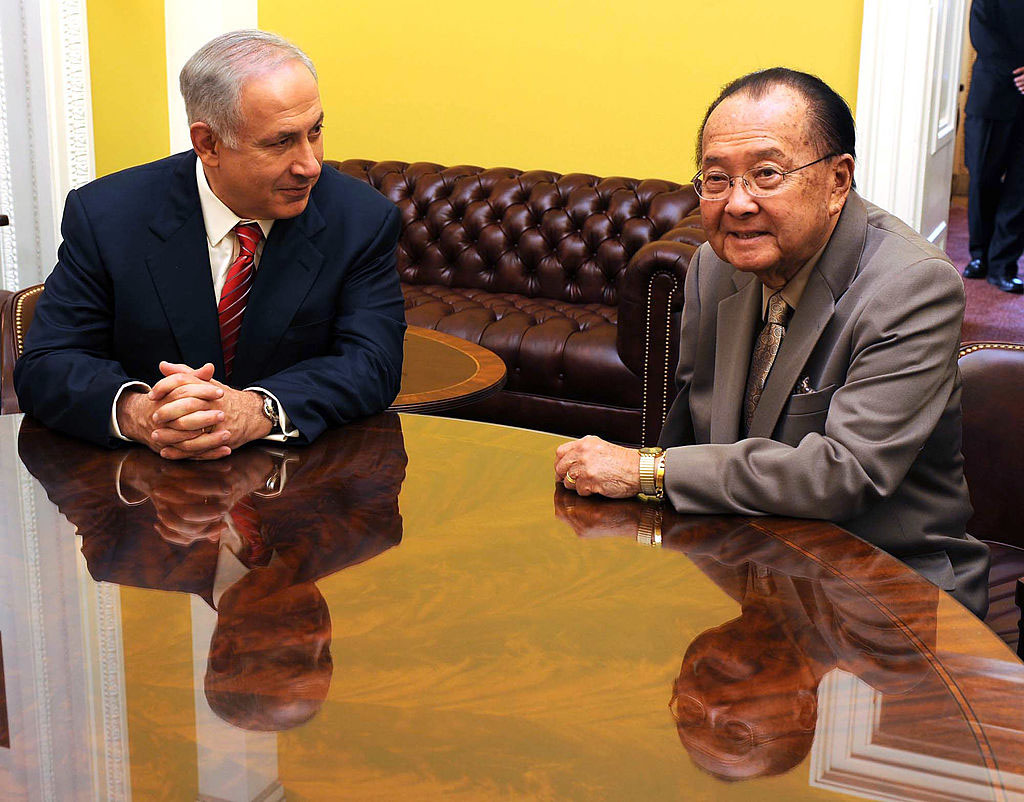

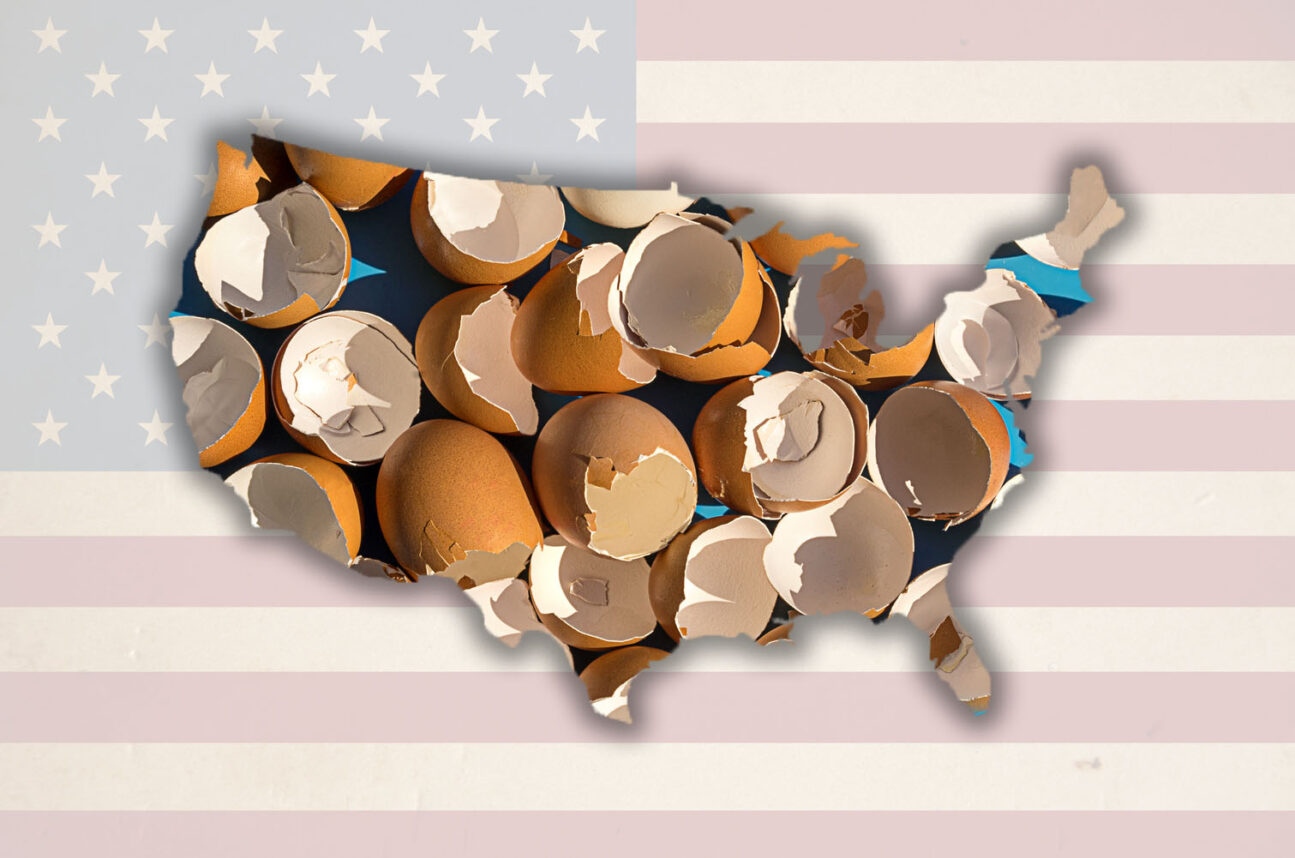



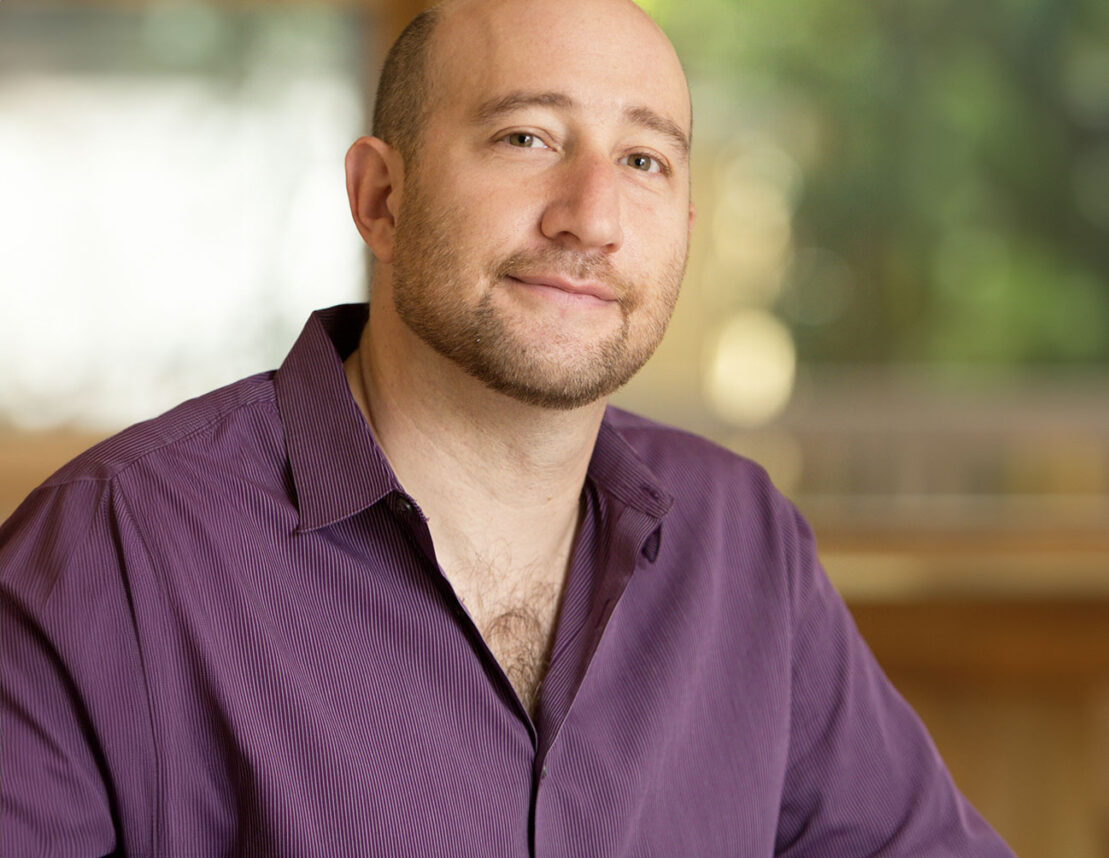
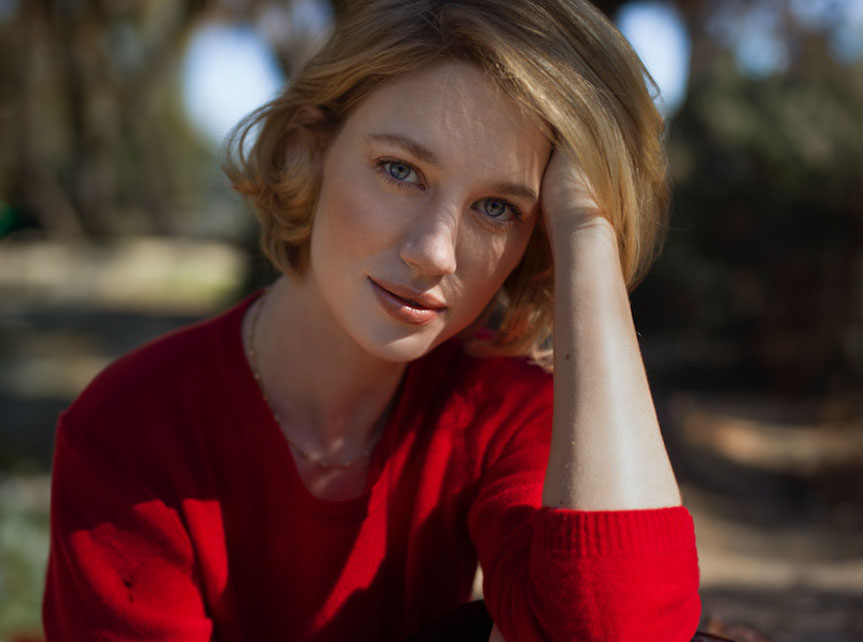
 More news and opinions than at a Shabbat dinner, right in your inbox.
More news and opinions than at a Shabbat dinner, right in your inbox.